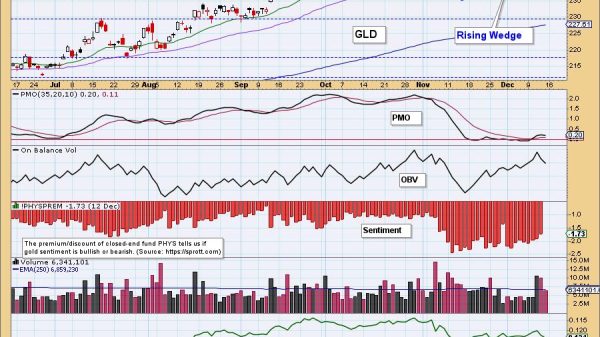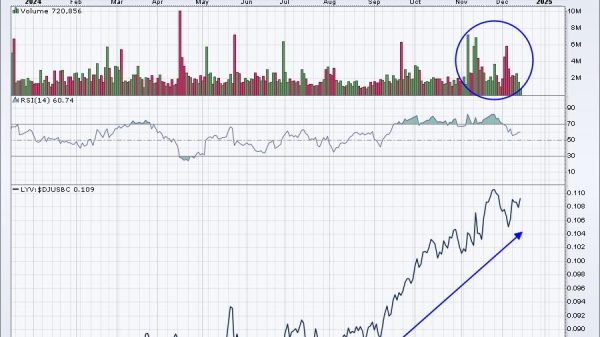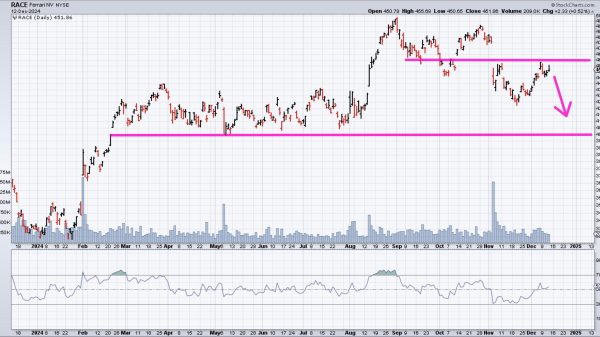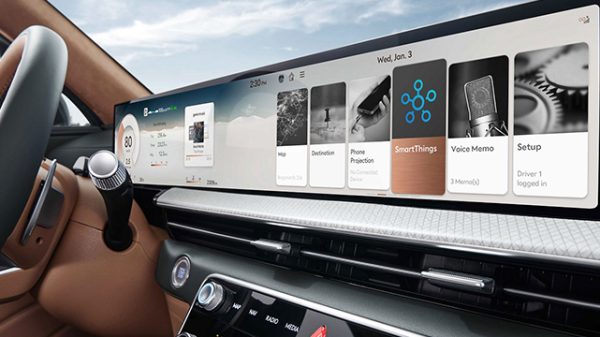According to a new research report by IoT analyst firm Berg Insight, the number of users of carsharing services worldwide is forecasted to grow from 123.4 million people in 2022 at a compound annual growth rate (CAGR) of 16.9 percent to reach 269.4 million people in 2027.
Berg Insight forecasts that the number of vehicles used for carsharing services will grow at a CAGR of 11.2 percent from 575,000 at the end of 2022 to 979,000 at the end of 2027. The carsharing fleet grew 8.7 percent worldwide in 2022 and membership grew an impressive 43.8 percent worldwide.
“The number of people using carsharing services has increased rapidly in recent years, especially in Europe and Asia-Pacific”, said Martin Cederqvist, IoT analyst at Berg Insight.
Other markets that show promising signs are the South American and Middle Eastern markets. North America has struggled in recent years, but partly recovered in 2022, when the total fleet size and membership increased by 7.9 percent and 9.1 percent respectively.
CarSharing Organisations (CSOs) offer members access to a fleet of shared cars 24/7 from unattended self-service locations. Usage is billed by the minute/hour and by distance driven, with rates that include fuel, insurance and maintenance.
Today, most CSOs use station-based networks with roundtrip rental. This operational model requires members to return a vehicle to the same designated station from which it was accessed.
Another model that is rapidly gaining in popularity is free floating carsharing, which enables members to pick up and drop off cars anywhere within a designated area.
In recent years, a number of CSOs have also experimented with hybrid models of roundtrip rentals and free floating carsharing.
Mr. Cederqvist, said:
“Free floating carsharing has become increasingly popular and is expected to become the most common operational model in Europe in the coming years in terms of both membership and fleet size.”
A connected fleet and specialized software platforms are today necessary to run a carsharing business covering operational activities ranging from management of in-vehicle equipment, fleet management, booking management, billing, as well as operations supervision via dashboards and data analytics.
While some CSOs are using in-house developed hardware and software solutions for their operations, the majority sources these kinds of products and services from specialised technology vendors. Some of the vendors offer an end-to-end solution including both telematics equipment and software platforms while other vendors focus on one of the areas.
Leading vendors of hardware and software platforms include Invers, Convadis, Continental, Humax, Vulog, Ridecell, Optimum Automotive Group, Mobility Tech Green, OCTO Telematics, Targa Telematics and Glide.io.
Carsharing services are offered by specialist carsharing companies, car rental companies, carmakers, as well as public transport operators. Examples of leading CSOs backed by carmakers include Free2Move (owned by Stellantis), Volvo On Demand (owned by Volvo Cars), Zity (partly owned by Renault), Wible (owned by Kia) and Kinto Share (owned by Toyota).
“In recent years, a few carmakers have exited the carsharing market. BMW and Mercedes-Benz left the market when they sold their joint venture Share Now to Stellantis in 2022. Similarly, Volkswagen left the market in November 2022 as the carsharing service WeShare was acquired by the German CSO Miles. Stellantis now runs the leading carsharing operator in the car OEM segment Free2Move where Share Now is now incorporated”, said Mr. Cederqvist.
Sixt Share (owned by Sixt), Zipcar (owned by Avis Budget Group) and e-GO! Drivalia (owned by Leasys) are examples of carsharing companies owned by car rental and leasing players. Specialist CSOs include Times Car Plus (owned by the Japanese parking lot operator Park 24), Socar in South Korea, EvCard and Liandong Cloud in China, Enjoy (owned by the Italian energy company Eni), Mobility Carsharing in Switzerland, Miles, Stadtmobil and Cambio in Germany, Citiz in France, Communauto in Canada and GoGet in Australia.
“The top 30 carsharing service providers accounted for about 80 percent of the carsharing members and managed close to 64 percent of the carsharing fleet worldwide at the end of 2022”, concluded Mr. Cederqvist.
The post The public carsharing fleet reached 575,000 vehicles worldwide in 2022 appeared first on IoT Business News.
























